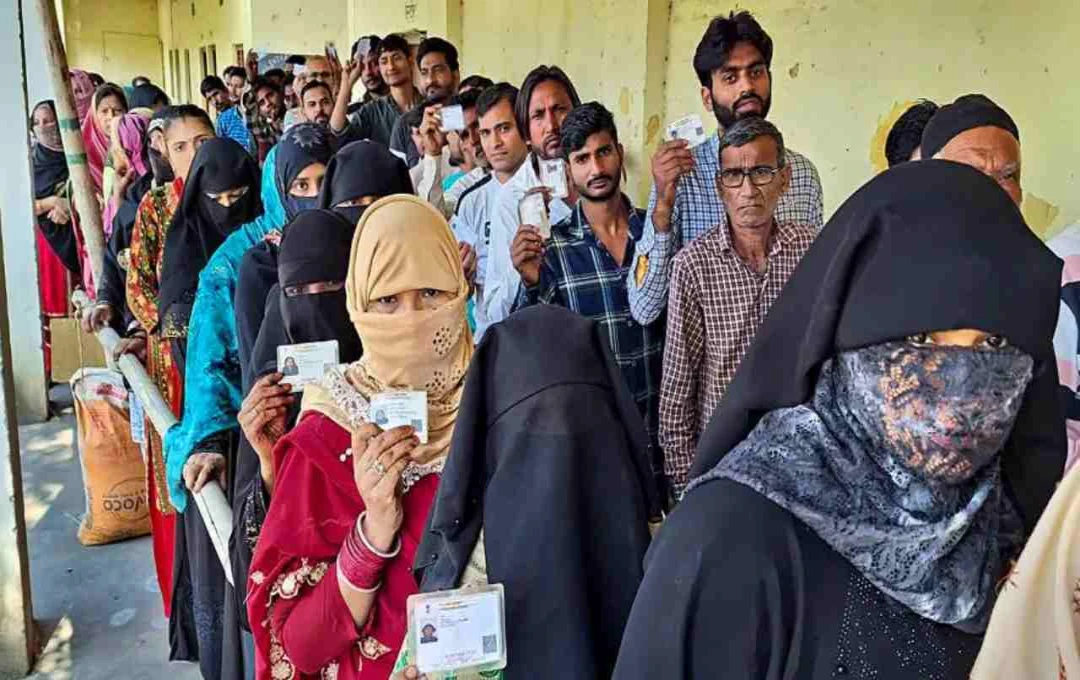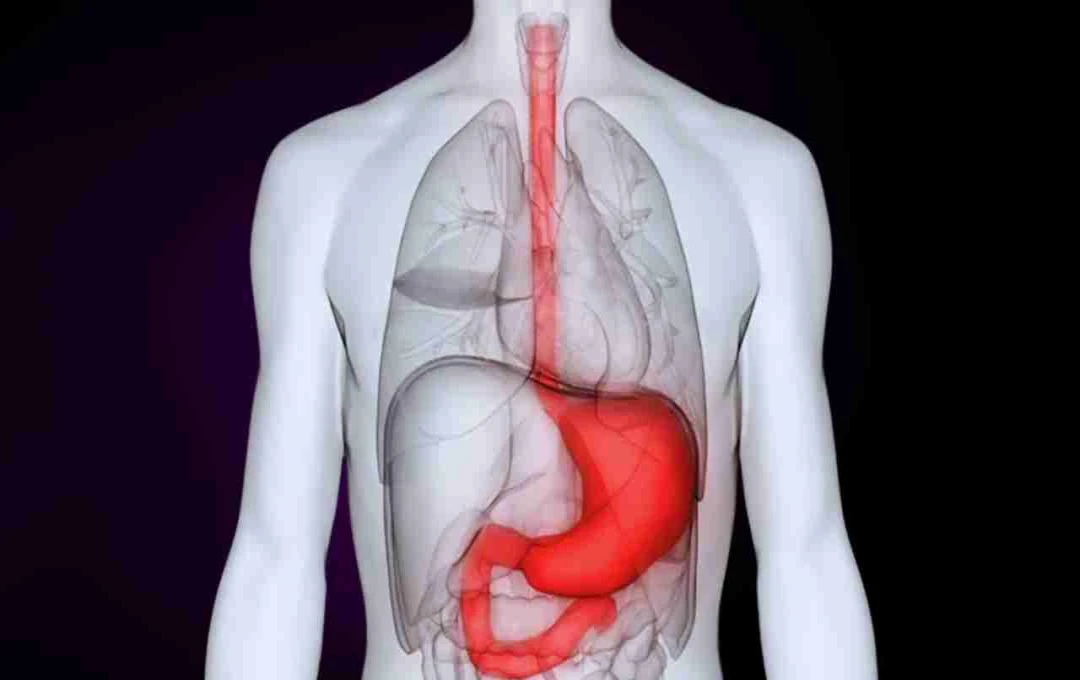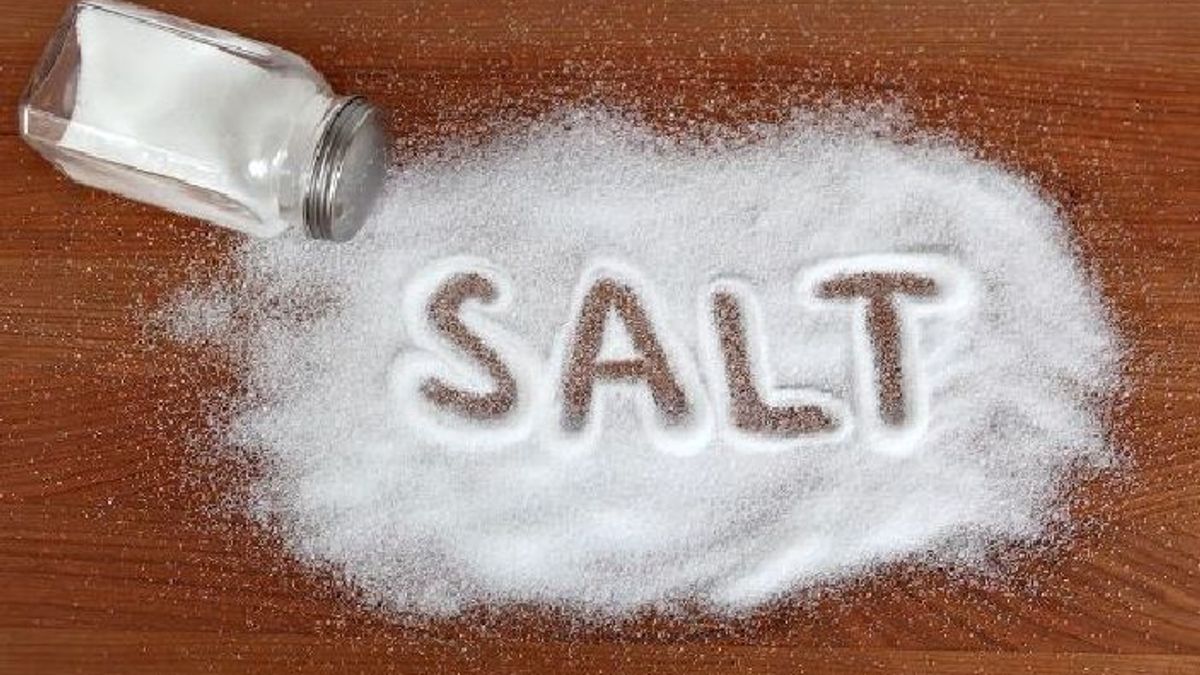Frequent nosebleeds are not just a result of heat or dry weather; they can also be a sign of a serious condition like high blood pressure. Persistent or heavy bleeding can increase the risk of stroke or heart attack. Timely identification, proper first aid, and a doctor's consultation can help prevent serious complications.
Nosebleed: Nosebleeds are common in the summer, but frequent occurrences can be a symptom of a serious condition such as high blood pressure. In medical terms, this is called epistaxis, which happens when elevated blood pressure causes the delicate blood vessels in the nose to rupture. Experts say that if the bleeding doesn't stop after 20 minutes, or if it's accompanied by symptoms like dizziness, chest pain, or fainting, you should contact a doctor immediately, as this could indicate an emergency such as a stroke or heart attack.
Why Do Nosebleeds Occur?
The inside of the nose contains very fine blood vessels called capillaries. These vessels are very delicate and cannot withstand excessive pressure. When blood pressure becomes too high, the pressure on these vessels increases, and they can rupture. This is why sudden nosebleeds occur. This condition is medically termed epistaxis, especially when blood pressure exceeds 160/100 mmHg.
Not Just the Weather, High BP is Also a Cause
Most people believe that hot winds, dryness, or dehydration cause nosebleeds. While these factors can contribute, frequent nosebleeds are not solely due to the weather. They can also indicate a serious underlying issue in your body, especially high blood pressure, often called the 'silent killer,' which can be a major cause.
What Symptoms Should You Pay Attention To?
If nosebleeds are accompanied by headaches, dizziness, blurred vision, fatigue, shortness of breath, or chest pain, they should not be ignored. These symptoms indicate that blood pressure is higher than normal and may be affecting other organs in the body. In some cases, nosebleeds are the first sign in patients who are unaware that they have high blood pressure.
What to Do When You Have a Nosebleed

If you suddenly experience a nosebleed, the first thing to do is not panic. Sit the patient upright and tilt their head slightly forward to prevent blood from flowing down the throat. Apply gentle pressure to the upper part of the nose for five to ten minutes. Applying a cold compress or ice pack to the forehead can also help stop the bleeding. If the bleeding does not stop after 15 to 20 minutes or occurs repeatedly, it is important to consult a doctor.
When Does It Become a Serious Condition?
Nosebleeds can be a normal occurrence, but it can become serious when the amount of blood is excessive, the bleeding lasts for a long time, or it is accompanied by symptoms such as fainting, severe headache, blurred vision, and chest pain. In such cases, it is important to reach a hospital immediately, as this may also indicate a condition such as a stroke or heart attack.
Risk Associated with High Blood Pressure
High blood pressure is often called a silent disease because its symptoms are very mild in the early stages, or sometimes not noticeable at all. However, when blood pressure becomes very high, it can affect the heart, brain, kidneys, and eyes. Frequent nosebleeds are considered an early warning sign. This is why doctors advise regular checkups to identify the disease in time.
What is Necessary for Prevention?
Making some lifestyle changes plays an important role in reducing the risk of nosebleeds and high blood pressure. Limiting salt intake, reducing stress, and exercising regularly are essential. Drinking enough water and maintaining humidity in the environment is also helpful. Applying a light layer of ghee or coconut oil inside the nose can also help prevent dryness in the summer.















